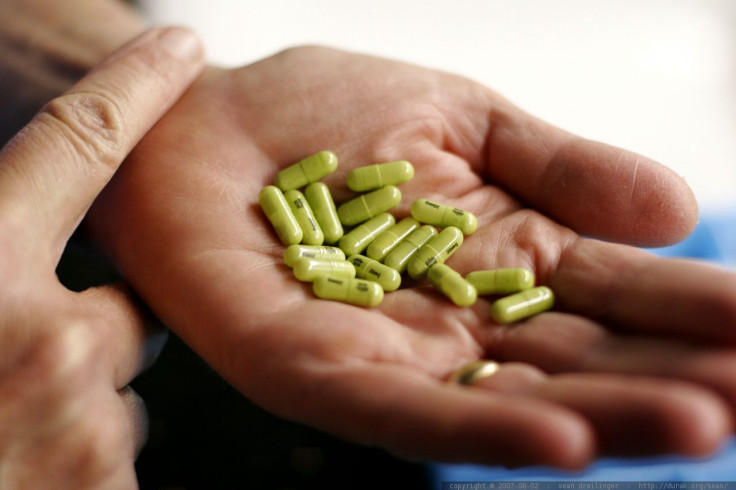Google Now Developing New Pill That Will Detect Cancer Earlier

Tech giant Google has access to your personal and work conversations on Gmail, as well as your search history and website visits. But what if Google had access to the inside of your body, where it could gather information about your cells and potential illnesses?
The company is developing a pill that could detect cancer and other diseases earlier than ever before, as an attempt to eliminate unnecessary deaths due to late diagnoses. The pill is still in the experimental stage, but essentially it would be packed with little magnetic particles that could travel through a person’s bloodstream and identify malignant cells. The information would then be sent to a sensor on a wearable device, ideally finding cancer sooner than what typical cancer screenings currently do.
“We want to make it simple and automatic and not invasive,” Andrew Conrad, head of life sciences at Google X, told the AP. Google X is the semi-secret research facility at the tech company that is focused on making technological and scientific advancements — many of which are rather strange and seemingly irrelevant to the company’s main goal of internet searches and advertising. Google X was developed in 2010 with the aim of producing self-driving cars, and it’s currently working on other projects like Google Glass and contact lenses that measure glucose in tears.
The nanoparticles in the pill would be distributed through the bloodstream and would be coated with antibodies that bind with proteins or cells associated with diseases. They would then remain in the blood and continue reporting back over time. The goal, Google says, is to get a greater picture of someone’s health — based on data gathered continuously — rather than the one-time sample of blood tests.
Google has dabbled in health care in the past. Between 2008 and 2011, the tech giant had hoped for its personal health information centralization service, Google Health, to take off successfully. It was a place where people could voluntarily store their personal health data in one centralized place — keeping health conditions, medications, and lab results all in once place. But as might be expected, Google Health brought up privacy concerns, and it didn’t become as popular as the company expected.
But the pill, though far-fetched, might hold promise for the future. After getting hit by a car while on his bike, Google engineer Tom Stanis was in the emergency room for an internal bleeding medical scan — when doctors discovered a kidney tumor. Because it was caught early, he was treated effectively and is now cancer-free. But Stanis wondered: What about all the others who don’t have access to early cancer screenings? The main way to check for cancer is now visual — identifying strange skin lesions or lumps, for example — or by taking expensive, invasive internal tests like endoscopies, x-Rays, and the Pap smear.
"Some cancers have [a] 90 percent success rate if you diagnose them in early stage one," Conrad told Backchannel. "But most cancers have a 5 or 10 percent survival rate if you diagnose them in stage four. We're diagnosing cancer at the wrong time."
"Screening programmes should be undertaken only when their effectiveness has been demonstrated, when resources (personnel, equipment, etc.) are sufficient to cover nearly all of the target group, when facilities exist for confirming diagnoses and for treatment and follow-up of those with abnormal results, and when prevalence of the disease is high enough to justify the effort and costs of screening," the World Health Organization (WHO) says. "Based on the existing evidence, mass population screening can be advocated only for breast and cervical cancer, using mammography screening and cytology screening, in countries where resources are available for wide coverage of the population."
Though promising, the project might not be successful for another 10 years. In the meantime, Google has electrical and mechanical engineers, as well as cancer specialists and doctors working on it.



























